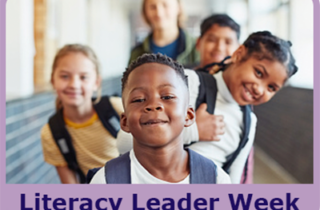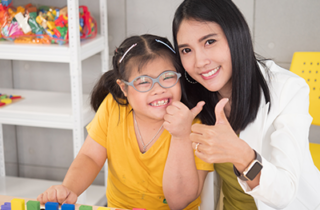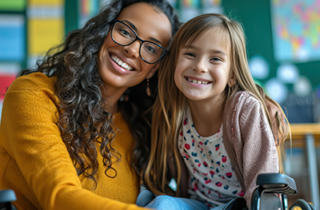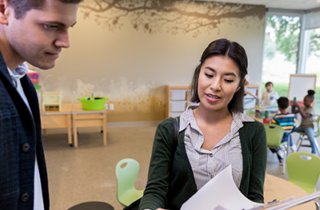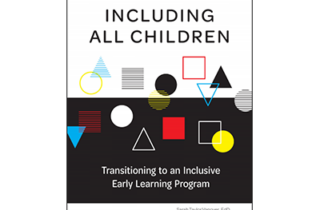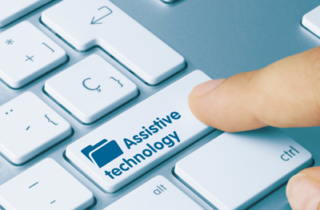The COVID-19 pandemic significantly altered student growth, social development, emotional well-being, future preparedness, and overall behavior. In addition to a slow academic recovery, myriad students are exhibiting behaviors often associated with learning disabilities. The question is whether students’ experiences reflect temporary setbacks or learning needs requiring long-term specialized support.
Presented by Jacqueline Rodriguez, Chief Executive Officer, National Center for Learning Disabilities; Bonnie Contreras, Senior Director Clinical Solution Engineering, Presence; and Robin Lake, Director, Center on Reinventing Public Education
Moderated by Kara Arundel, Senior Reporter, K-12 Dive
Presented by Kerri Larkin, Senior Education Advisor, Lexia; Jesse Sanchez, Managing Director of Programs, The Neurodiversity Alliance; Lily Eisele, Student, Personnel Director, Student Senate Leadership, University of Wisconsin – Eau Claire; Dr. Nancy Nelson, Assistant Professor of Special Education, Boston University, and Deputy Director, National Center on Improving Literacy; and Davis FitzGerald, Master’s Student in Special Education, George Washington University
Hosted by Cassandra Wheeler, Director, LETRS State Success, Lexia
Presented by Cady Ching, CEO, Summit Public Schools (CA); Glynis Shulters, Improvement Coach and Consultant, Green Dot Public Schools (CA); and Stephanie Lassalle, Director of Improvement Programs, Marshall CoLab
Presented by Mark Pederson, Educational Specialist and Expert Mentor, Placentia-Yorba Linda Unified School District (CA) and Modern Classroom; Madeline (Maddie) Richer, Ninth-Grade Special Education Teacher, NYC Department of Education; Cassie Fontaine, Special Education Teacher, Belchertown Public Schools (MA); and Toni Rose Deanon, Community Engagement Manager, The Modern Classrooms Project
Presented by Dr. A’Seret Dokubo, Managing Director of Fellowships, SELF
Teachers face many challenges in the classroom, with one of the biggest being how to work with students with IEPs and disabilities. During the edLeader Panel “Honoring All Learners: An Asset-Based Approach,” experts discussed classroom inclusion, asset-based perspectives, and helping students thrive.
Presented by David Flink, Co-Founder and Chief Empowerment Officer, Eye to Eye; Dr. Michael Maclin, Executive Director of Diversity, Equity, Inclusion, and Accessibility, Special School District of St. Louis County (MO); Barbara Pape, Senior Director, Learner Variability Project, Digital Promise; and Kerri Larkin, Senior Education Advisor, Lexia Learning
Presented by Dr. Sarah Taylor Vanover, Policy and Research Director, Kentucky Youth Advocates
Moderated by Jennifer Lewis, President, Gryphon House, Inc.
Families are thirsty for information about inclusive technology that supports their children with disabilities. They want to understand and inform the tools schools use. They want to collaborate. Yet, while family engagement is essential—and promoted in the Every Student Succeeds Act and the Individuals with Disabilities Education Act—it is often not operationalized.



